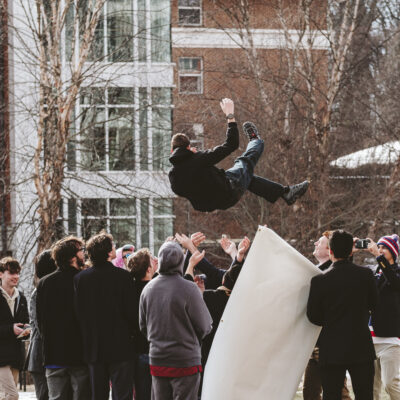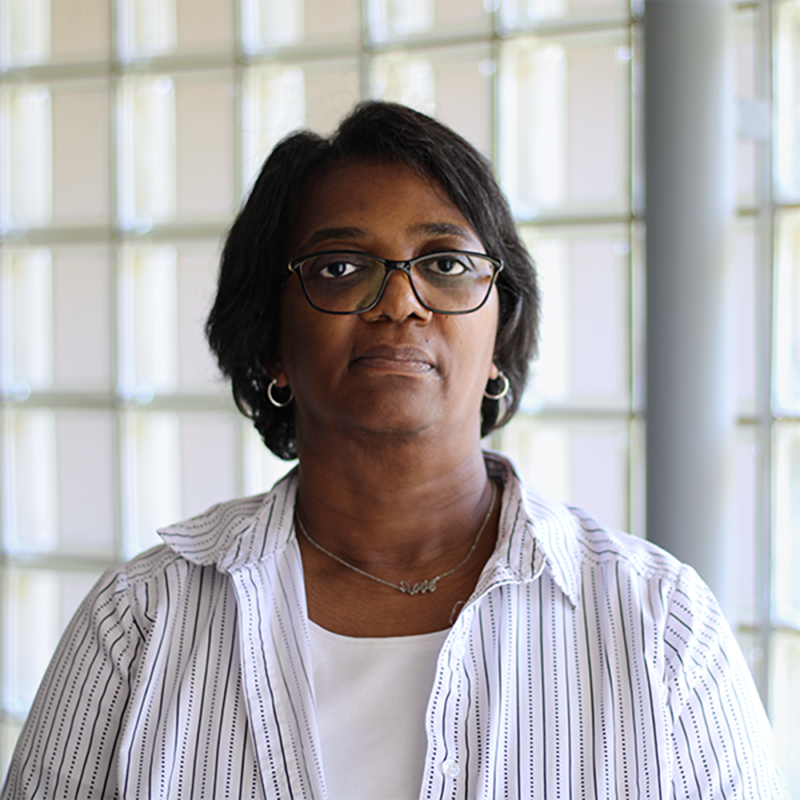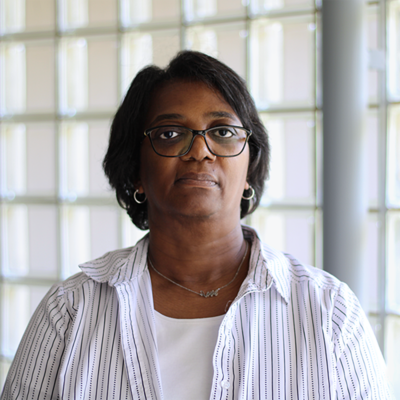In 2005, two Charlottesville-based environmental groups put millions of dollars towards conservation efforts, both local and statewide. Though each organization addresses a slew of conservation efforts across the state, they rely heavily on the wallets of locals. And, despite the breadth of their issues, both organizations gave attention to Albemarle’s development issues—a “thank you,” perhaps, for the tax deductible donations that kept them afloat.
Concerning the Piedmont Environmental Council (PEC), 93 percent of their $3.63 million revenue in 2005 consisted of donations and grants, many greater than $10,000 per donor. At least 73 individuals or foundations gave a minimum of $10,000 in 2005, which makes a relatively small group of donors responsible for more than 20 percent of all donations and grants in 2005. PEC “do-gooders” include the Dave Matthews Band’s Bama Works fund, which also funds area programs for disadvantaged youth and the arts, and the Timberland Company, whose Timberland Serve program sent a portion of a quarterly $200,000 grant to PEC for use in main-taining water quality standards in Leesburg.
Despite the broad size and focus of the Southern Environmental Law Center (SELC), which covers environmental issues affecting six states, the organization relies heavily on donors from Charlottesville, where it is headquartered. The SELC’s 2005 operating budget topped $7 million, thanks to more than $2 million in grants from major state and national foundations (the list includes the Virginia Environmental Endowment and the Public Welfare Foundation).
In 2005, “local donors and foundations—including the WestWind Foundation and Oak Hill Foundation—contributed approximately $550,000,” or more than 10 percent of revenue from “major donors and family foundations,” according to a letter from SELC’s Director of Development E. Marie Hawthorne. The WestWind Foundation, which supports ecosystem protection agencies and reproductive rights groups in equal measures, contributed $135,000 in funds to SELC during 2005, including $30,000 for SELC’s Roadless Areas Project and $20,000 to protect Virginia wetlands.





